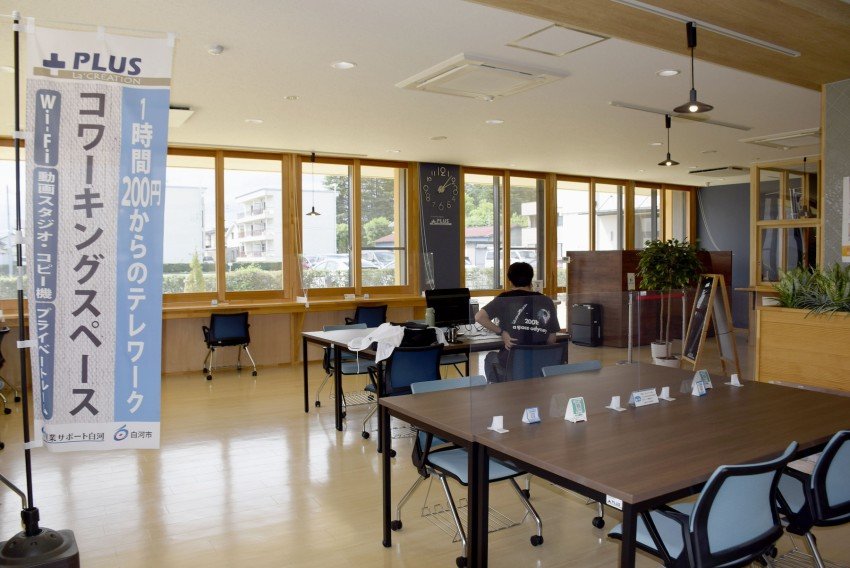Japan left to rethink COVID grants as telework facilities empty out
TOKYO – Japanese municipalities are increasingly being left to rethink the use of coronavirus-era government subsidies as remote work facilities built with the funding are falling into disuse, a survey by Kyodo News found Sunday.
Since the legal status of COVID-19 was downgraded to the same category as seasonal influenza a year ago, some facilities have already been forced to close due to dwindling usage, while others have been repurposed, hosting events such as matchmaking gatherings.
The central government has budgeted a total of over 18 trillion yen in extraordinary subsidies since fiscal 2020 following the outbreak of the pandemic.
Uwajima in Ehime Prefecture spent 1.1 million yen to open a “workation” facility in March 2021, which allowed employees to work while traveling. However, the space only attracted five users in fiscal 2021 due to its inconvenient location.
The facility was not used at all from fiscal 2022 to 2023, leading to its closure at the beginning of this year.
Shirakawa in Fukushima Prefecture, northeastern Japan, spent 160 million yen in fiscal 2020 to build a communal working space, but daily visitors only number in the single digits, the survey found.
Elsewhere in the prefecture, subsidies to renovate an existing community center in Aizubange into a remote work facility have failed to attract more than a trickle of visitors.
“In rural areas, going to the office has become the norm (again),” an Aizubange municipal official said.
Motohiro Sato, a professor at Hitotsubashi University’s Graduate School of Economics, said, “The policies of many municipalities are simply imitations of those of other regional governments and do not meet their own local circumstances and needs.”
Sato also emphasized the need for human resource development in each municipality.
© KYODO

